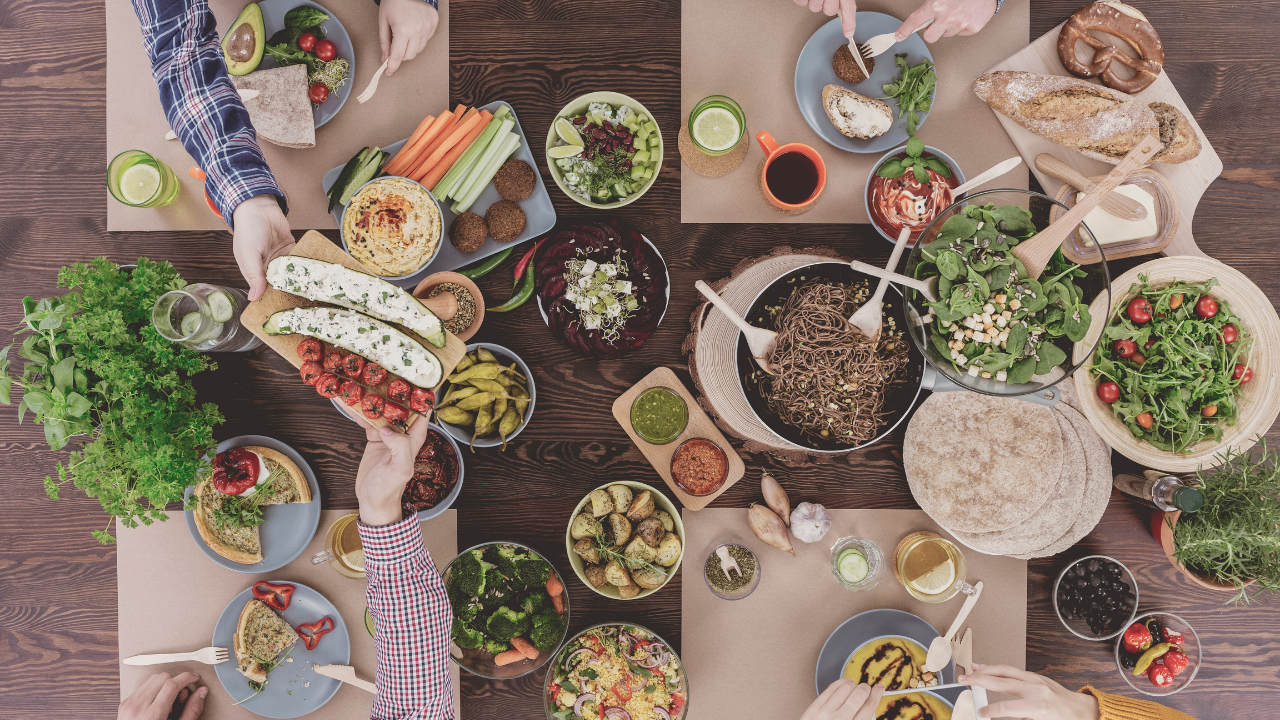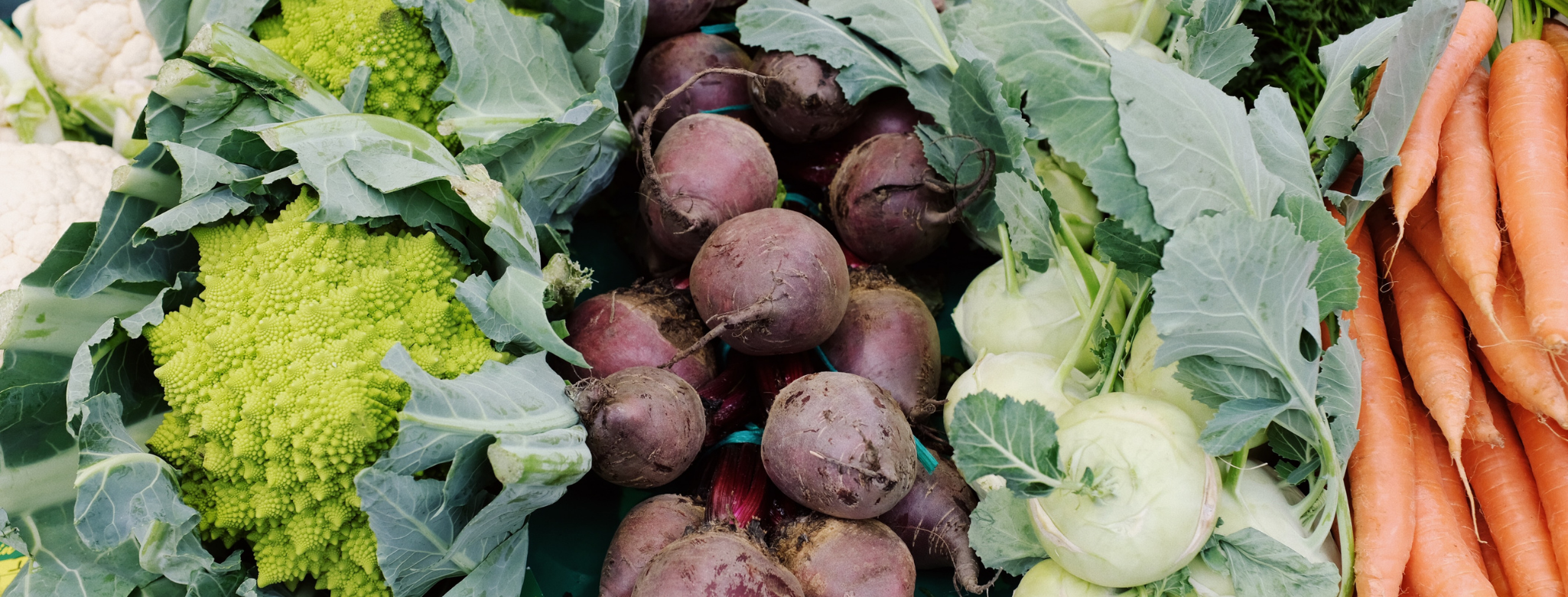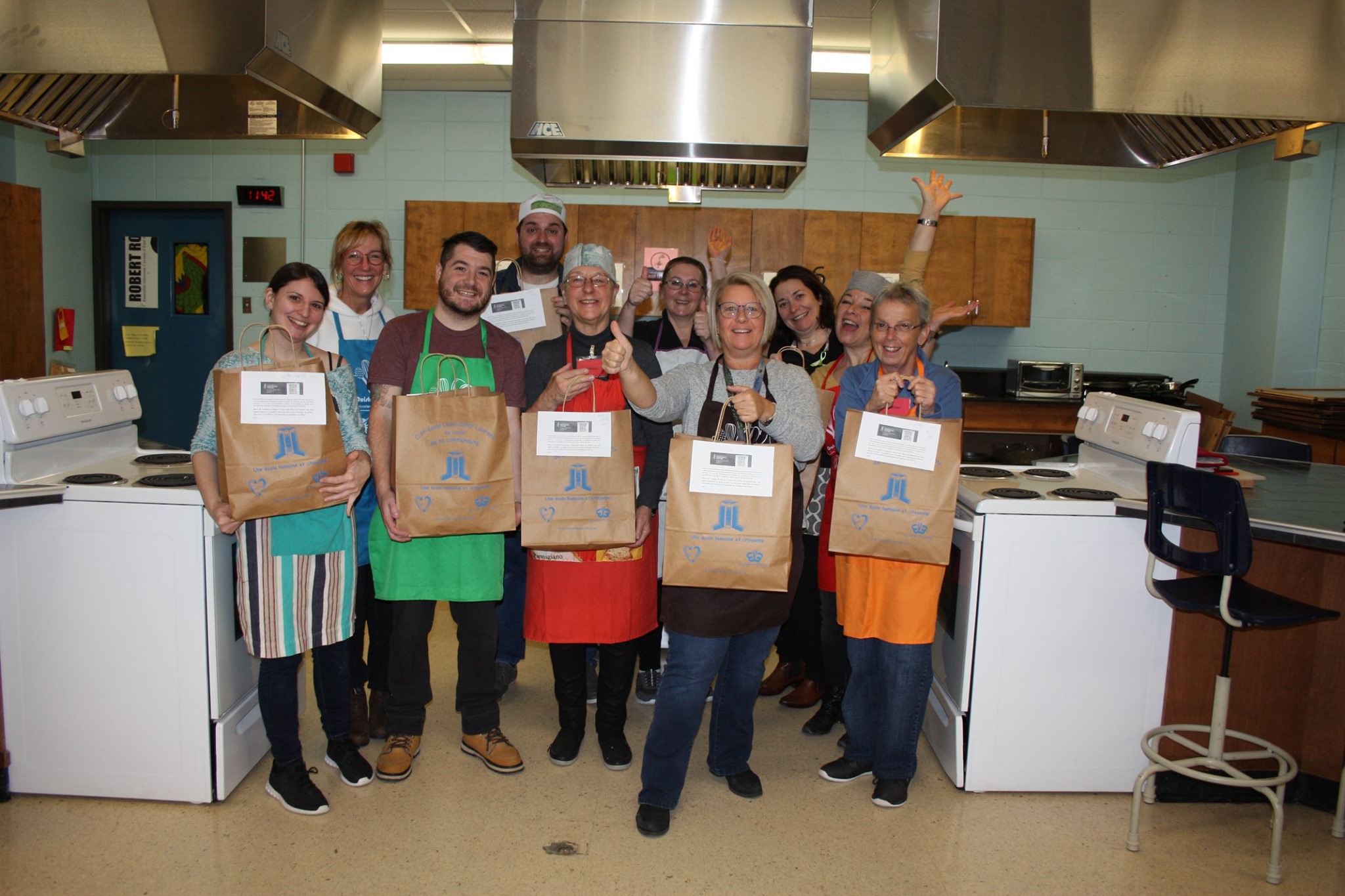


Governments have an obligation to ensure the right of everyone to an adequate standard of living for himself and his family, including adequate food, clothing and housing, and to the continuous improvement of living conditions. They recognize the fundamental right of everyone to be free from hunger[2].
[2]UN, International Covenant on Economic, Social and Cultural Rights, 1976. Online at:
https://www.ohchr.org/FR/ProfessionalInterest/Pages/CESCR.aspx.
[3]Sustainable Communities, Right to Food. Online at : http://collectivitesviables.org/articles/droit-a-l-alimentation.aspx.

Food safety exists when all people, at all times, have physical, social and economic access to sufficient, safe and nutritious food to meet their dietary needs and food preferences for an active and healthy life[5].
[5] Committee on World Food Security, Agreeing on Terminology, CFS, 39th Session, 15-20 October 2012, p. 17. Online at: http://www.fao.org/3/MD776F/MD776F.pdf

With respect for human beings, nature, all living beings and the environment, food autonomy implies individual and collective responsibility for access to quality food and better control of the food system, which cannot be achieved without a popular education approach. Food autonomy is a process of empowerment enabling everyone to exercise the right to food[6].
[6] Regroupement des cuisines collectives du Québec, Definition of Food Autonomy, Adopted at the General Assembly
annual meeting of 3 June 2015. Online at: http://www.rccq.org/en/a-propos/autonomie-alimentaire/.

